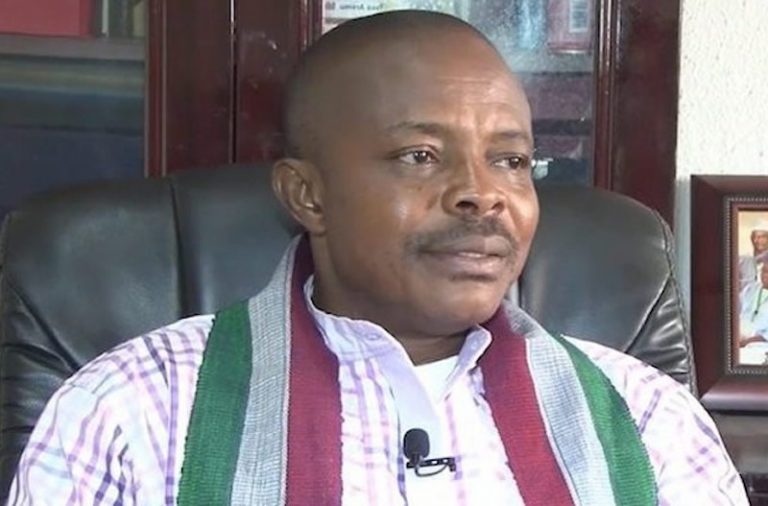
In a significant standoff in Nigeria’s wage negotiations, the Organized Labour, comprising the Nigeria Labour Congress (NLC) and the Trade Union Congress (TUC), has firmly rejected the Federal Government’s latest offer to raise the minimum wage to N60,000.
The labour unions have also slightly adjusted their demand, lowering it from N497,000 to N494,000.
The Tripartite Committee, which includes representatives from the Federal Government, the Organized Private Sector (OPS), and the labour unions, remains deadlocked. The latest meeting on Tuesday ended without a resolution, intensifying the pressure as the May 31 deadline approaches.
Register for Tekedia Mini-MBA edition 19 (Feb 9 – May 2, 2026): big discounts for early bird.
Tekedia AI in Business Masterclass opens registrations.
Join Tekedia Capital Syndicate and co-invest in great global startups.
Register for Tekedia AI Lab: From Technical Design to Deployment (next edition begins Jan 24 2026).
A member of the Tripartite Committee disclosed that the government and the OPS had initially proposed N48,000 and N54,000 last week, which were subsequently raised to N57,000, and now to N60,000. However, these proposals have been consistently rejected by the Organized Labour. Initially demanding N615,000, the labour unions revised their demand to N497,000 and now to N494,000.
The Quest for a Livable Wage
NLC President Joe Ajaero has been vocal about the inadequacy of the current minimum wage of N30,000, which he said is insufficient to support the basic needs of Nigerian workers.
“It is still not substantial compared to what we need to make a family moving,” Ajaero said, noting the economic hardship faced by workers.
“The economy of the workers is totally destroyed. In fact, the workers don’t have any economy. I think there are two economies in the country; the economy of the bourgeoisie and the economy of the workers. I think we have to harmonize this so that we can have a meeting point,” he added.
The labour unions argue that the current wage fails to reflect the contemporary economic realities and does not cater to the well-being of an average Nigerian worker. This sentiment is compounded by the fact that not all states are paying the existing N30,000 minimum wage, which expired in April 2024.
Government and Private Sector’s Position
The Federal Government and the Organized Private Sector (OPS) have countered that the demands of the labour unions are unrealistic and unsustainable. Many states are struggling to meet the current minimum wage obligations, let alone a significantly higher one.
For instance, last week, Dauda Lawal, governor of Zamfara, said the state will begin payment of the N30,000 minimum wage to its workers in June.
The Nigeria Employers’ Consultative Association (NECA) expressed concerns about meeting the NLC’s demands, citing significant financial losses in the private sector.
NECA’s Director-General, Adewale-Smatt Oyerinde, highlighted the strain on businesses, stating, “It will be practically impossible to guarantee enterprise sustainability and job security with the current demands of organized labour,’’ he said.
Economic Strain and Employer Challenges
The broader economic context adds complexity to the wage negotiations. The Nigerian economy has been under strain, with many businesses reporting significant losses and some relocating due to unfavorable conditions.
NECA emphasized that the economic downturn makes the labour unions’ demands particularly challenging.
“With organised businesses declaring over one trillion naira in combined losses and many shutting down their businesses for different reasons, the ability to pay the prevailing N30,000 was already compromised,” Oyerinde said.
The Path Forward
As the May 31 deadline looms, the resolution of the minimum wage dispute remains uncertain. However, stakeholders say both sides must find a compromise to ensure that Nigerian workers receive a fair wage that reflects the current economic conditions while maintaining economic stability.
The outcome of these negotiations is expected to significantly impact Nigeria’s economy and the livelihoods of its workers. The Federal Government and the Organized Labour have been advised to engage in constructive dialogue to address the economic realities and work towards a solution that benefits all stakeholders.



